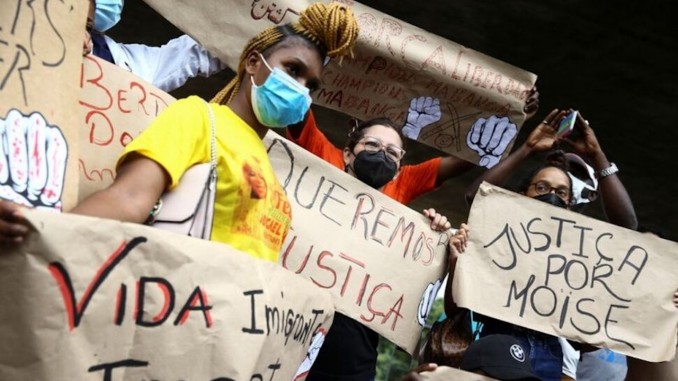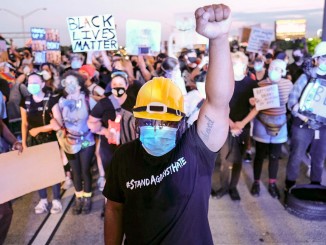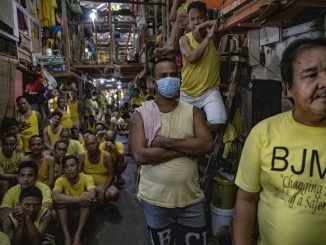
On Jan. 24, a twenty-four-year-old Congolese migrant named Moise Kabagambei was killed after demanding to be paid for his overdue wages. His death awakened the fury of thousands of people in Brazil who demonstrated on Feb. 6.
Moise came to Rio de Janeiro when he was 11 years old. Before moving to Brazil, he had already lost a grandmother and his father to violence in the Congo. In Brazil, he worked in a kiosk making barely enough to survive when he was brutally beaten to death by a group of men hired by his boss just for demanding his basic rights.
But his death did not become just a statistic, discarded and forgotten. It was the last straw in a society where every twenty-three minutes a young, poor Black man loses his life, and immigrants are constantly victims of violence. It was also the last straw for those who are tired of the constant attacks on their already precarious working conditions. After his death, Kabagambei’s family and the Congolese community organized, spoke up, and protested the murder, drawing the attention of more and more people to join the fight. Soon after, protests took place throughout the country, with over two thousand people protesting just in Rio de Janeiro and São Paulo. The demonstrators called for reparations for Kabagambei’s death, and an end to racism and xenophobia. The full extent of this fight is yet to be seen.




